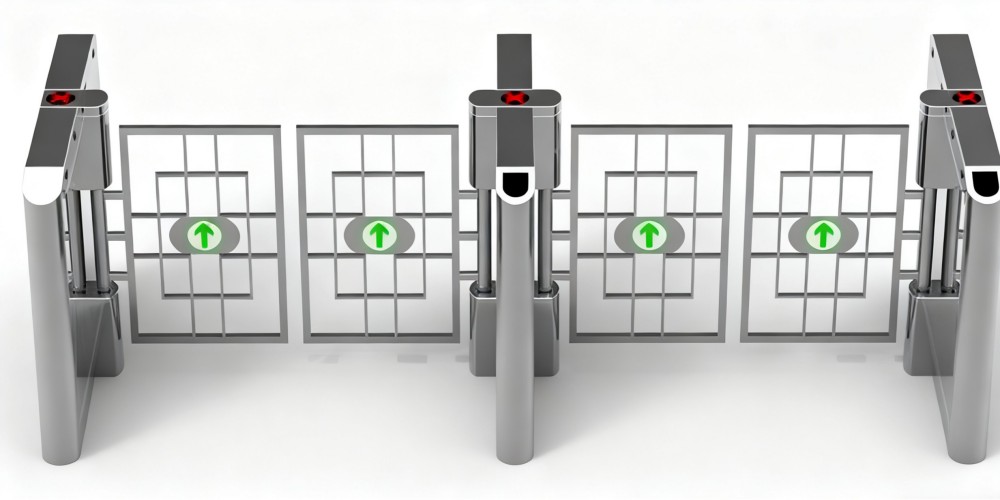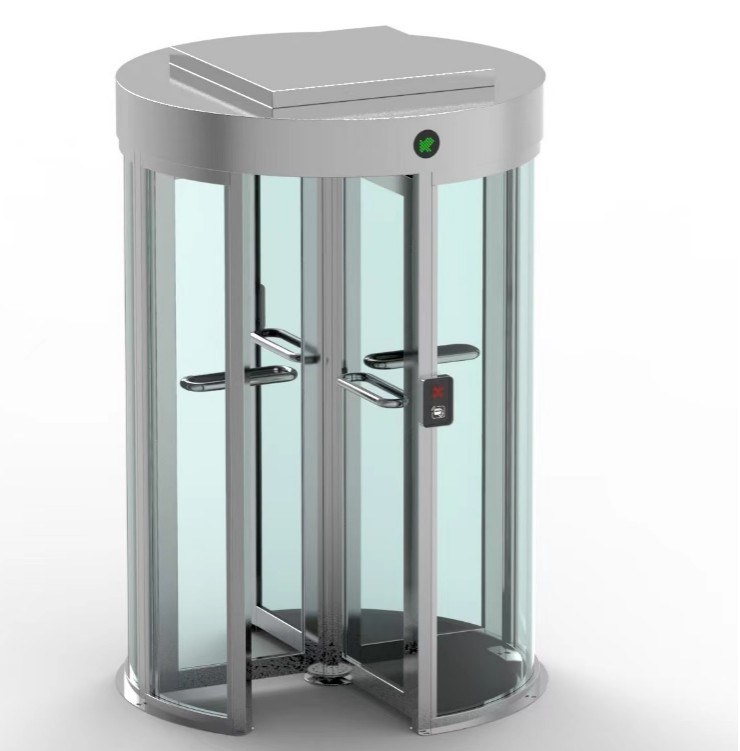How to Choose Suitable Turnstiles for Different Application Scenarios?
2025-11-11
As cities increasingly demand security at entrances and exits, we frequently see different types of turnstiles in various everyday environments. Turnstiles effectively regulate and manage public spaces. Each scenario has its own application requirements. ZOJE offers customized turnstile solutions that adapt to different needs.
Smart Campus
Indoor: speed, swing, and flap turnstiles. They integrate biometric technology and can be combined with facial recognition, fingerprint/palm scan, QR code, ID card, university card, etc.
Outdoor: speed and swing turnstiles for outdoor use. The housing is made of SUS 304 stainless steel, with multiple protections for the internal mechanism and electronic control. Its IP54 waterproof rating allows for use in the rain.

Healthcare Sector
Since the pandemic, access control at hospital entrances and exits has been modernized. Manual inspection methods have been gradually replaced by automatic turnstiles. Visitors can access the premises by scanning codes, cards, or using facial recognition, improving the efficiency of hospital staff management.
Indoor: speed, swing, and flap turnstiles. These integrate biometric technology and can be combined with facial recognition, fingerprint/palm scan, QR code, ID card, health code, etc., providing alerts in case of unauthorized or irregular access.

Financial Sector
To improve the overall image of banks, optimize the customer access experience, protect the safety of staff and assets, and achieve real-time employee management, the installation of turnstiles is essential. These not only facilitate the management of security for bank employees but also reduce the workload of security personnel.
Indoor: speed, swing, and flap turnstiles. These integrate biometric technology and can be combined with facial recognition, fingerprint/palm scan, QR code, ID card, etc., providing alerts in case of unauthorized or irregular access.
Rail transport
Public transport stations are high-traffic areas, especially during peak hours and holidays. Installing turnstiles with security scanners improves passenger flow efficiency and allows for the inspection of belongings for prohibited items, thus ensuring passenger safety.
Indoor: speed, swing, wing, and tripod turnstiles. These integrate biometric technology and can be combined with facial recognition, fingerprint/palm scan, QR code, ID card, NFC, etc. Alarms are activated in case of unauthorized entry or irregular passage.

Smart buildings
These buildings experience high traffic volumes and a wide variety of visitors. Installing turnstiles at entrances and exits, along with access control systems, effectively maintains order. External personnel and temporary visitors can access the offices with permissions granted by the administrator, enabling centralized management of all access.
Indoors: High-speed, swing, and flap turnstiles. These integrate biometric technology and can be combined with facial recognition, fingerprint/palm scan, QR code, ID card, work permit, etc. Alarms are triggered in case of unauthorized entry or irregular passage.
Construction Sites
Installing turnstiles with smart time and attendance terminals on construction sites records the time and number of entries and exits, allowing for monitoring worker attendance, protecting their legal rights, and preventing unauthorized access, thus ensuring safety.
Indoor/Outdoor: tripod turnstiles, swing turnstiles, and full-height turnstiles. They integrate biometric technology and can be combined with facial recognition, fingerprint/palm scan, QR code, ID card, and other smart terminals. The housing is made of SUS 304 stainless steel, with multiple internal protection mechanisms and an IP54 waterproof rating, protecting it from rain.

Smart flap turnstiles are high-tech products designed primarily for intelligent personnel access management. They represent an improvement over turnstiles and smart swing gates. These high-end products are precision-manufactured and offer numerous features, enabling intelligent control and management of access routes. The outer housing is typically made of SUS 304 stainless steel, the internal standard.




